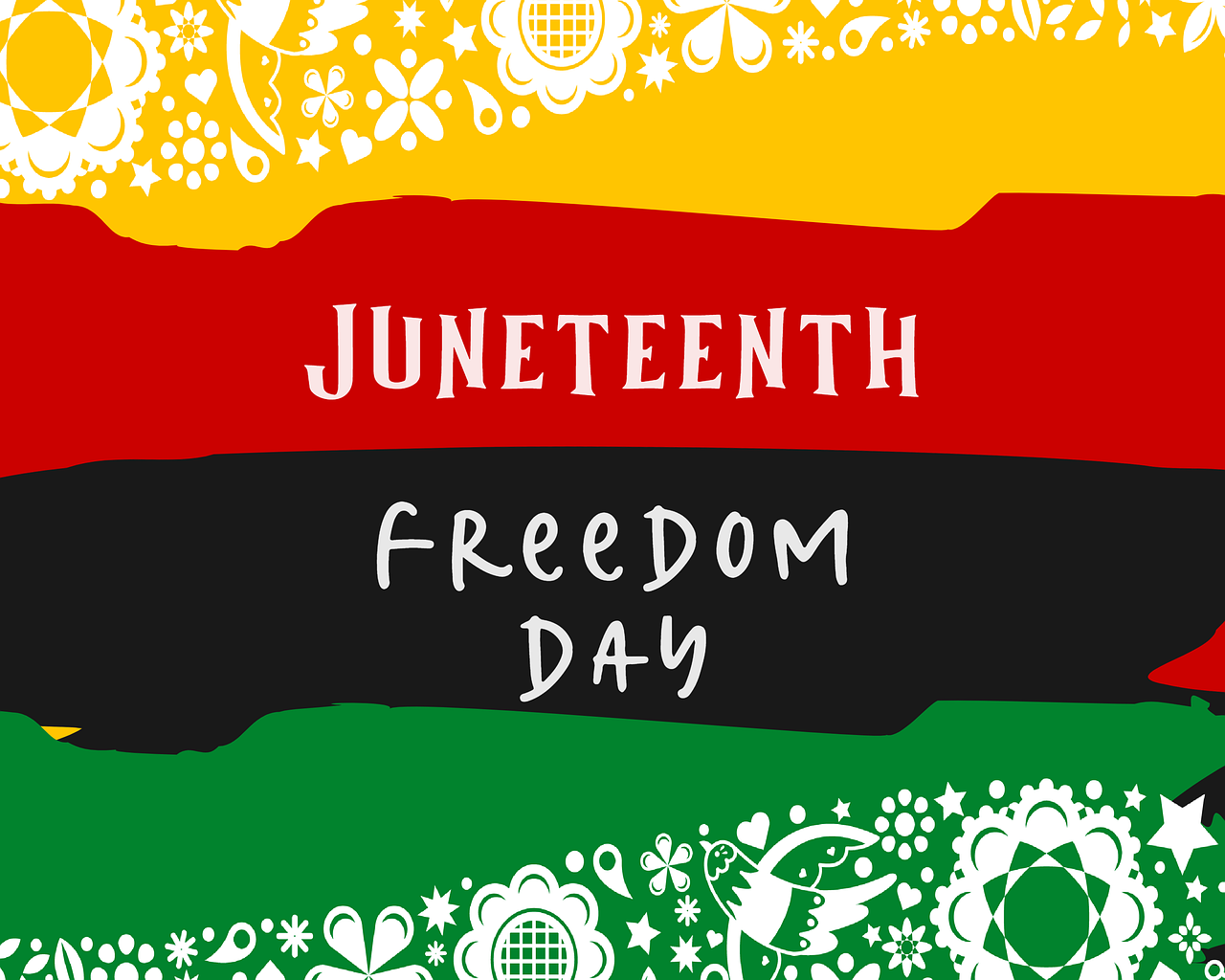Celebrating Juneteenth: A Time to Reflect on History and Fight Against Systemic Racism

Every year on June 19th, people across the United States come together to commemorate Juneteenth, a day that holds significant historical and cultural importance. Juneteenth, also known as Emancipation Day or Freedom Day, marks the emancipation of enslaved African Americans in the United States. It serves as a reminder of our nation’s painful history of slavery and oppression and calls for a continued fight against systemic racism.
Origins of Juneteenth
Juneteenth traces its origins back to June 19, 1865, when Union General Gordon Granger arrived in Galveston, Texas, to announce General Order No. 3, which declared the freedom of enslaved people in Texas. This proclamation came two and a half years after the Emancipation Proclamation was issued by President Abraham Lincoln in 1863.
The delay in delivering the news of emancipation to enslaved individuals in Texas highlights the systemic oppression and deliberate withholding of information that plagued Black communities even after the official end of slavery. Despite the abolition of slavery, African Americans continued to face segregation, discrimination, and systemic barriers that hindered their pursuit of equality and justice.
Importance of Juneteenth
- Honoring African American History: Juneteenth provides an opportunity to acknowledge and honor the contributions, resilience, and cultural heritage of African Americans. By commemorating this historic event, we remember the struggles and sacrifices endured by enslaved people and their descendants, acknowledging their pivotal role in shaping the fabric of American society.
- Reflecting on the Past: Juneteenth encourages us to confront the harsh realities of slavery and its lasting impact on our nation. It prompts us to critically examine our history, recognizing the systemic racism that has persisted over generations and the urgent need for social change.
- Celebrating Freedom and Progress: Juneteenth is a celebration of freedom, resilience, and progress. It reminds us that even in the face of adversity, marginalized communities have consistently fought for justice and equality. By celebrating Juneteenth, we acknowledge the progress made and renew our commitment to dismantling systemic racism.
Fighting Against Systemic Racism
Juneteenth serves as a call to action, urging us to actively combat systemic racism and work towards a more equitable society. Here are a few steps we can take:
- Education and Awareness: Educate ourselves about the history of racism, systemic oppression, and the experiences of marginalized communities. By understanding the root causes and effects of racism, we can challenge existing systems and foster empathy and understanding.
- Allyship and Support: Stand in solidarity with marginalized communities and support organizations working towards racial justice. Amplify the voices of those affected by systemic racism, and actively listen to their experiences.
- Advocate for Policy Changes: Engage in advocacy and support policies that address systemic racism. Vote for representatives committed to dismantling racial inequalities and push for legislation that promotes justice, equality, and equity.
- Promote Inclusive Spaces: Foster inclusive environments in our workplaces, educational institutions, and communities. Encourage diversity, equity, and inclusion by challenging discriminatory practices and promoting equal opportunities for all.
- Continuous Self-Reflection: Engage in regular self-reflection and challenge our own biases and privileges. By examining our attitudes and behaviors, we can strive to become more aware and actively combat racism in our daily lives.
Juneteenth serves as a poignant reminder of the ongoing struggle for racial justice and equality. By honoring this important day, we recognize the resilience and contributions of African Americans while acknowledging the work that still lies ahead. It
Phil is the owner, principal designer, and developer at All Saints Media. He has been in the industry for over 20 years and enjoys working with clients from a variety of industries.
Phil is a 1995 graduate of Cedarville University. He has a Bachelors in History. He received his Masters in Biblical Studies from Antietam Bible Seminary in 2007. Along with being a web and graphic designer, Phil is the senior pastor at The Crossings Community Church, MD.
Phil is married, and is the father of 5 beautiful children.

